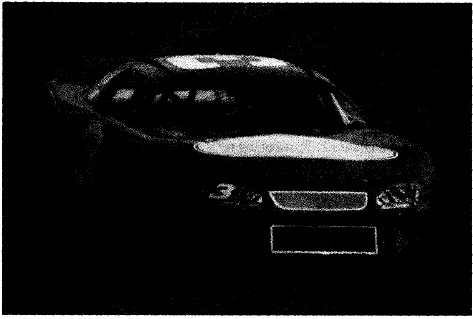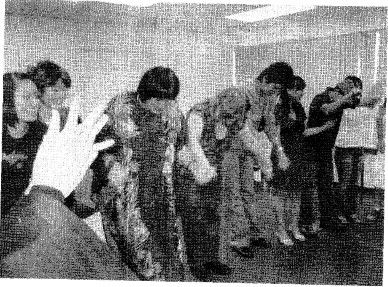听力原文:Hayashibara grew into Japan's largest starch syrup manufacturer soon after World
WarⅡ. But in the 1950s the company became embroiled in cut-throat competition and felt adverse effects from the liberalization of sugar imports. It was at this juncture that your father died and you succeeded him as president of the company. You were just a nineteen- year-old student at Keio University. What was it like for you?
I was actually just the pro forma president until I graduated, at which point I came back to Okayama. Japan's starch sugar industry was in chaos at the time. I was fresh out of college and didn't know left from right, but because the sweet potatoes from which starch sugar is made were a government-controlled item, all of a sudden I had to confront the murky world of politics. There would be mah-jongg games with government officials every night, and decisions were based on backroom deals. We were a manufacturer, yet we weren't giving our best in manufacturing. I felt that we should put our all into our products.
I understand that you went around seeking advice from many people.
I visited people like Professor Nikuni Jim of Osaka University, who was said to be one of the top three authorities in starch research, Professor Arima Kei, an expert on fermentation at the University of Tokyo, and Professor Suminoe Kinshi, an expert on brewing at the Tokyo University of Agriculture. I also received guidance from Ibuka Masaru, the founder of Sony Corporation.
In 1966 you decided to shift course from starch processing to chemical engineering in the belief that the company would have no value as a manufacturer unless it gave birth to new technologies through R&D. You surely have met many difficulties because it meant a big change.
It's true that under ordinary circumstances the senior members of the company might have resisted my policy. But the future of the industry itself was clouded, and our own company's business was in decline, so I don't think there was much room for protest. In retrospect, I was able to obtain the cooperation of people who could be termed Japan's top authorities in their fields precisely because we made a decision at that point in time that didn't occur to other companies, to switch from processing to chemical engineering and go on to R&D. You could say that our management crisis provided the impetus for us to set our sights on becoming a R&D-based company and allowed us to lay the foundations for this undertaking.
So you are a R&D-based company, but do you have no interest in going into marketing?
Small business can't succeed if it tries to do everything on its own, because creating things and selling them require totally different skills. You should make things easier for yourself by relying on other companies for what you can't do. When I look at start-ups nowadays, I see them trying to take on both R&D and marketing. That is bound to put them in competition with major enterprises and lead to their being crushed in the end.
Besides, when you take on both manufacturing and marketing, the business becomes large in scale and tough to manage. R&D is fun, but I personally don't think making and selling things are fun. And, I'm more interested in keeping the family starch chemistry business going than in building up a big company. Sony worked out because Ibuka Masaru made things and Morita Akio went around selling them. Honda, too, succeeded with the combination of Honda Soichiro and Fujisawa Takeo. It seems to me that everything goes better when people specialize in their own areas of strength.
I think the most important issue for a R&D-based company is to ensure the creativity of its engineers and researchers. How are you dealing with that?
Dr. Itokawa Hideo, who developed the pencil rocket, once told me, "The way to heighten creativity is to gain as much knowledge and experience as possible in other fields that interest you." The point is that new
A.it was in a critical situation.
B.it was under the control of the government.
C.it was in a terrible disorder.
 题目内容
(请给出正确答案)
题目内容
(请给出正确答案)
 答案
答案



























